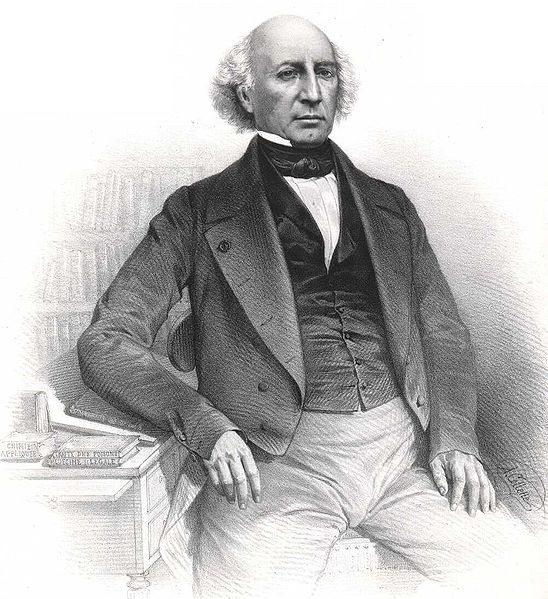Ibn Waḥshiyya, died c. 930, was a Nabataean agriculturalist, toxicologist, and alchemist born in Qussīn, near Kufa in Iraq. He is the author of the Nabataean Agriculture, an influential Arabic work on agriculture, astrology, and magic.
Attempted translation of Egyptian hieroglyphs by pseudo-Ibn Wahshiyyah (from Shawq al-mustahām, Paris MS Arabe 6805, fol 92b–93a).
Toxicology is a scientific discipline, overlapping with biology, chemistry, pharmacology, and medicine, that involves the study of the adverse effects of chemical substances on living organisms and the practice of diagnosing and treating exposures to toxins and toxicants. The relationship between dose and its effects on the exposed organism is of high significance in toxicology. Factors that influence chemical toxicity include the dosage, duration of exposure, route of exposure, species, age, sex, and environment. Toxicologists are experts on poisons and poisoning. There is a movement for evidence-based toxicology as part of the larger movement towards evidence-based practices. Toxicology is currently contributing to the field of cancer research, since some toxins can be used as drugs for killing tumor cells. One prime example of this is ribosome-inactivating proteins, tested in the treatment of leukemia.
A toxicologist working in a lab (United States, 2008)
Lithograph of Mathieu Orfila
Brochure illustrating the work of the CDC Division of Laboratory Sciences




